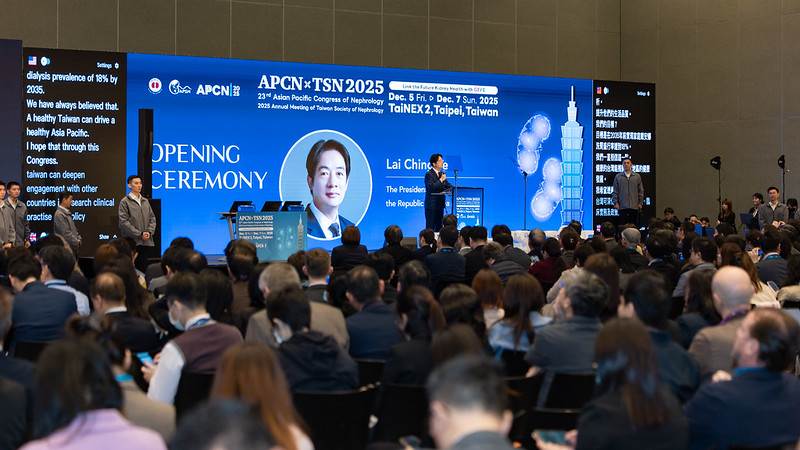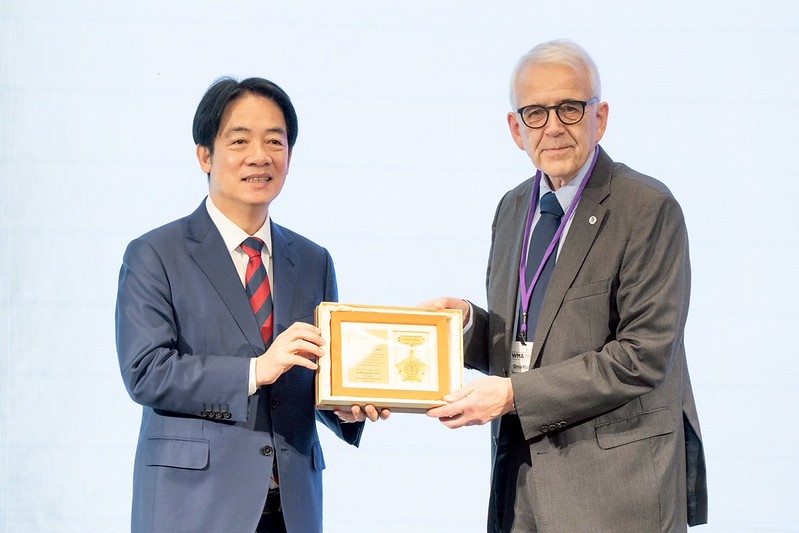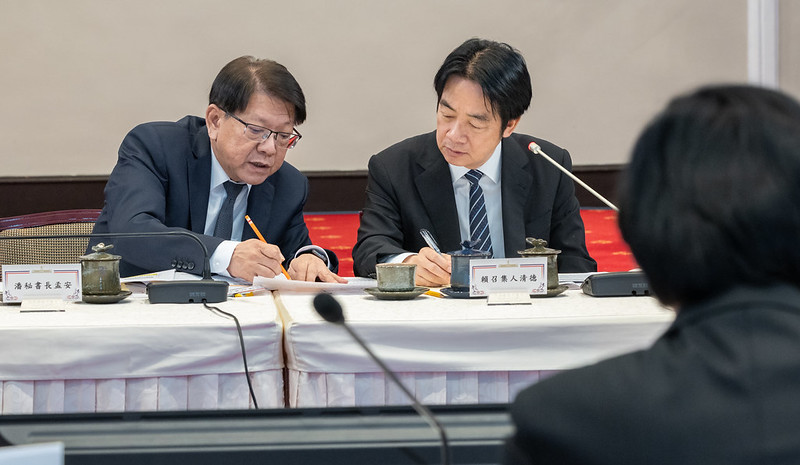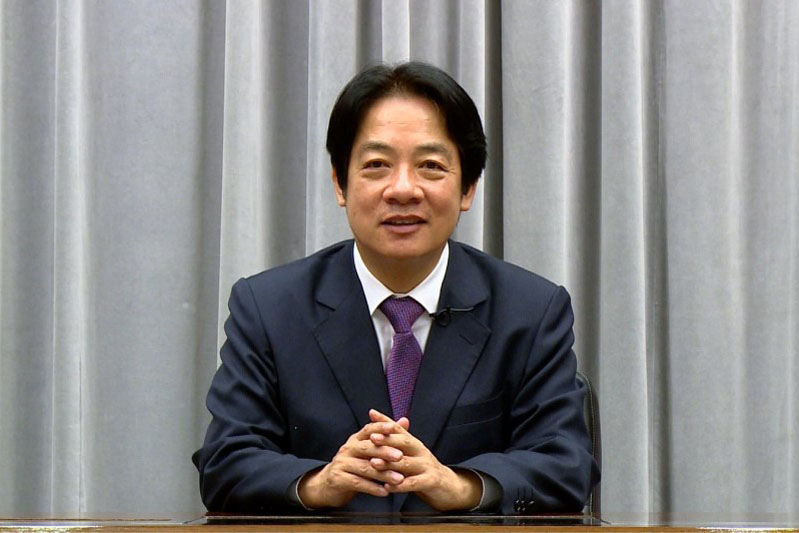News & activities
 News releases
News releases
Vice President Lai Ching-te addressed the BIO Asia–Taiwan 2020 Conference by video at noon on July 22, emphasizing that Taiwan's success in containing COVID-19 has attracted worldwide attention, and the key factors in that success were: prudent action, rapid response, and early deployment. Looking ahead, Taiwan will develop the biomed industries, making the biomed industries a new source of momentum for Taiwan's economy, while making Taiwan a benchmark country in precision health, and using science and technology to prevent pandemics.
Following is a transcript of Vice President Lai's remarks, which he delivered in English:
It's my great honor today to talk about Taiwan's experience in containing the COVID-19 pandemic, and how we are working to be at the forefront of the biomed industries of the future.
The COVID-19 pandemic has resulted in over 10 million confirmed cases and over half a million deaths around the world. Taiwan's success in containing COVID-19 has attracted worldwide attention. The key factors were: prudent action, rapid response, and early deployment.
Firstly, Taiwan responded early to the COVID-19 emergency on December 31, 2019 by implementing on-board quarantine measures for all passengers flying into Taiwan from Wuhan and activating a series of other precautionary measures. Shortly thereafter, we also set up our Central Epidemic Command Center on January 20 to guide the public in our collective efforts to contain the pandemic.
Secondly, to strengthen supply chains and increase stockpiles of disease-prevention materials, our public and private sectors cooperated to quickly prepare raw materials, key components, manufacturing capacity, and logistics. That allowed us to meet our own domestic needs for face masks, forehead thermometers, medical-grade alcohol, and personal protective equipment.
Thirdly, we also utilized cross-discipline, innovative technologies to leverage our massive National Health Insurance database to help control the pandemic, and reduce the burdens of disease control. One example was using our National Health Insurance Medi-Cloud system to track travel history, occupation, contact history and clustering. That significantly strengthened our case tracking and management mechanisms. We also have a National Health Insurance Express APP that provides many services, including access to medical data and fast authentication.
As a result of the current pandemic, there have been major changes in the global economy and industries worldwide. To respond to the pandemic and create a new industrial structure, our government is planning to promote Six Core Strategic Industries announced by President Tsai Ing-wen. Those strategic industries include the biotech and medical technology industries, which will make the biomed industries a new source of momentum for Taiwan's economy. It will also make Taiwan a benchmark country in precision health, and using science and technology to prevent pandemics.
Looking ahead, Taiwan will be using the foundation we built. We will also leverage our healthcare systems, as well as our advantages in ICT, IoT, and big data technology in our existing pharmaceutical, medical device, and health industries. That will drive cross-disciplinary innovation, and develop biomed industries.
Let me close by wishing this conference every success, and all the participants the best of health. Thank you.









